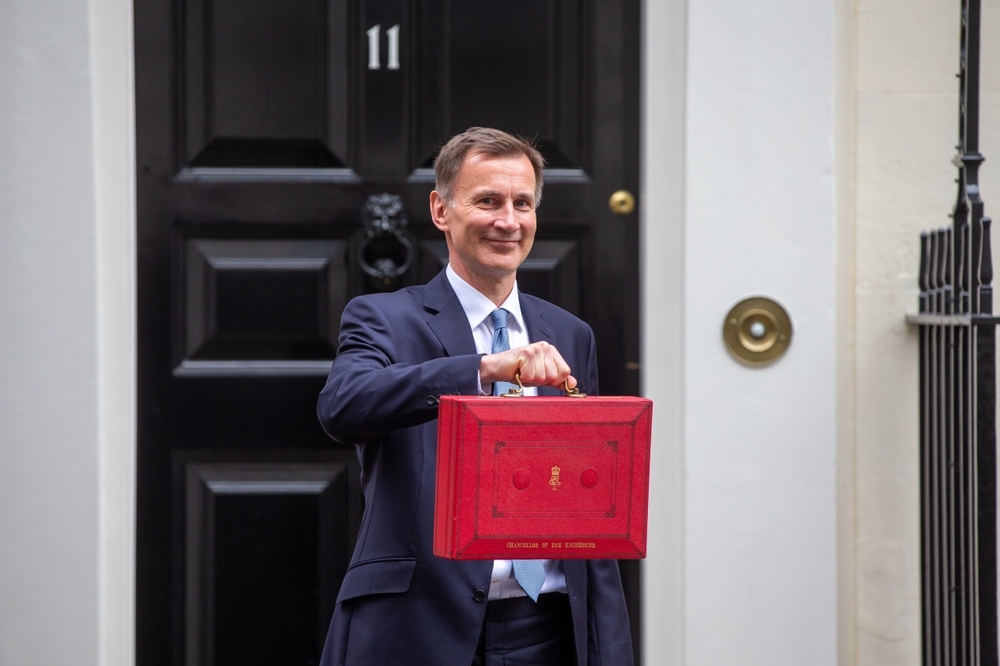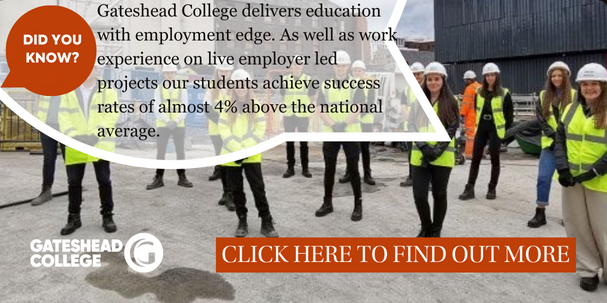
Multi-millionaire landlord and side-hustle Chancellor Jeremy Hunt has cut National Insurance by 2% by way of compensation for the cost of, well, bleedin’ everything. That’s a whopping £8 a week for someone on average UK wage, while those earning less than £15,000 have found themselves with an extra £1.63 a week. Oh wondrous, magnanimous overlord!
He’s going to do this by cutting spending at a time where everything is working just brilliantly, thanks very much. Potholes? A thing of distant memory! NHS waiting lists? Consigned to the dustbin of history! Schools? More papers and pens than The Works! These are truly halcyon days.
Just don’t mention that in the North East 11 bairns in an average class of 30 are now living in poverty, with the majority with at least one parent in work. And who cares that in these parts life expectancy is plummeting. We’ve enough money for an extra two cheese pasties and a sausage roll from Greggs and that’s good enough for the likes of us!
There is so little understanding that the money collected from National Insurance and redistributed among the poorest in our society can be what keeps the wolf from the door. Now Rishi Sunak says he hopes to scrap it altogether and the Tory party have unanimously started describing state pension as a “benefit”.
Forget those 50 years of contributions, Boomers — you’re just another scrounger taking from the state now. Can you see what the plan is yet?
- Read more: Levelling up is not working as promised
- Read more: Shining a light on the region’s solar pioneers
Worst of all, as the clock ticks down on 14 years that has almost broken Britain, it is clear how they have no understanding that it is ever-more expensive to be poor. How you’re charged more for electricity and gas on prepayment meters, which you can be forced onto because of what you earn or because of a tough couple of months where you got a bit behind with bills.
How expensive it can be to travel for big food shops in out-of-town supermarkets, now that those in city and town centres have closed. That you might have to scrimp and save for a taxi to get the bags home with kids in tow, or to get to the hospital, or from the doctors when ill.
How the poorer you are, the more you are charged in interest to borrow to buy a new washing machine or a fridge freezer and when they suddenly pack up, you can find yourself in a spiral of debt that knocks on to all the other expenses in life.
How expensive it is to rent and to keep having to move and find a deposit because a landlord chucks you out through no fault of your own and then finds a reason to keep the last one. Having lived in 13 houses before I was 11, thanks to never-ending council waiting lists following Thatcher’s sell off, I know what that feels like. It financially ruined my mam and emotionally crippled us both.
Once we had a secure roof over our heads I didn’t have to worry about moving house and schools and was able to relax. I literally felt it in my little body — my shoulders and back felt less tight. The mental scars took longer.
Perhaps unless you’ve experienced poverty, you never fully understand what it is like
Bethany Usher
Now thousands of kids find themselves in ever-less secure and often temporary accommodation. This, most tragically of all, was a factor in the deaths of 55 children last year, where coroner’s reports cited insecure, inadequate housing and the mental and physical health impacts of it.
It’s not just decent homes and social safety nets that we have lost or are losing. Things that facilitated social mobility so that kids could claw their way out of poverty have disappeared, perhaps forever. The free nursery place that allowed my mam to return to work and build a career. The local library where I waited for her to finish work and learned to love newspaper archives that fuelled a passion for journalism. The youth club that taught life skills like budgeting and cooking. These all now feel like things of a bygone era.
In an election year, when a Budget is little more than a political game with no real regard for the impact on those who most need help, Rishi Sunak’s passing comment in youth that he has no working-class friends seems less and less funny. That lack of insight might be the reason why a generation of the most vulnerable kids in our society lose opportunities, hope and, worst of all, potentially even their lives.
Perhaps unless you’ve experienced poverty, you never fully understand what it is like. But as my little mam says, it’s much more likely that those of us without wealth and who must work for a living will find ourselves in the bottom 1% of earners than the top.
Statistically, we’re more likely to become poorer than richer. A small cut in National Insurance and tax might feel like a short-term boost, but when it comes to voting, I always keep the poorest in mind.











